Does compost attract wildlife?
wannaflower
10 years ago
Related Stories
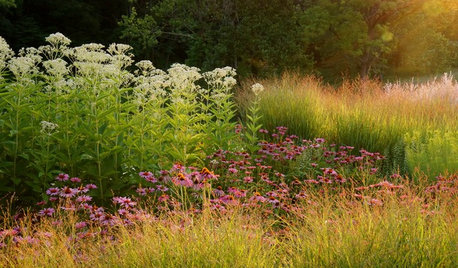
GARDENING FOR BUTTERFLIESGarden for Wildlife to Reap Rich Rewards
When you plant with animals and insects in mind, you make gardening easier, the planet healthier and yourself more present
Full Story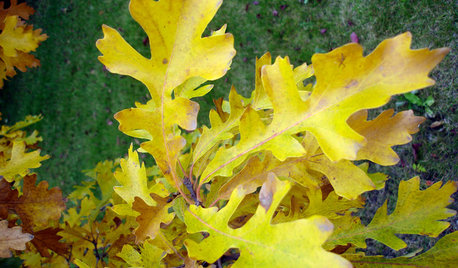
GARDENING GUIDESCelebrate Eastern Oaks for Wildlife, Longevity and Seasonal Interest
There might not be a more important tree to have in your eastern U.S. landscape — if you can fit one in
Full Story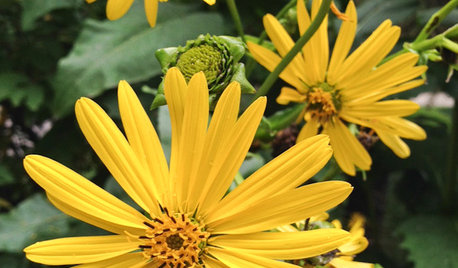
GARDENING GUIDESGreat Design Plant: Silphium Perfoliatum Pleases Wildlife
Cup plant provides structure, cover, food and water to help attract and sustain wildlife in the eastern North American garden
Full Story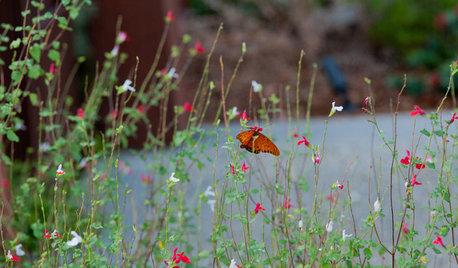
EARTH DAYCreate a Container Wildlife Habitat for Hummingbirds and Butterflies
Don’t let limited space prevent you from welcoming wildlife into your garden
Full Story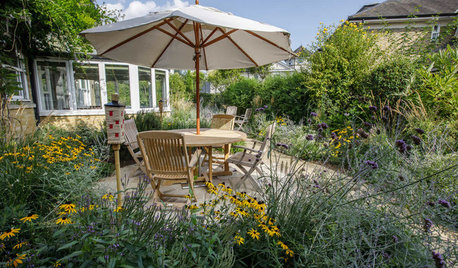
LANDSCAPE DESIGN4 Tips for Creating a Small Garden That Welcomes Wildlife
Win over birds, bees, butterflies and neighbors with these design strategies
Full Story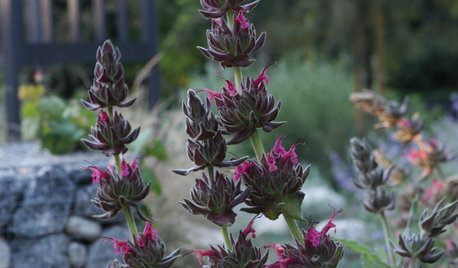
FLOWERS AND PLANTSHummingbird Sage Lures Wildlife With Its Sweet, Fruity Fragrance
This native California ground cover thrives with little water on grassy slopes, under trees or in patio containers
Full Story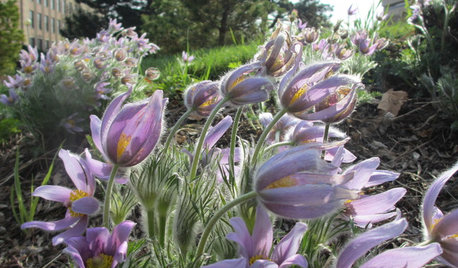
GARDENING GUIDES6 Plants That Beat Butterfly Bush for the Wildlife Draw
It's invasive, a nonnative and a poor insect magnet. Check out these better alternatives to butterfly bush in the garden
Full Story
INSPIRING GARDENSAt the Chelsea Flower Show, a Jewel-Colored, Wildlife-Friendly Garden
Take a tour of this gold-medal-winning garden designed for community and wildlife to coexist and flourish
Full Story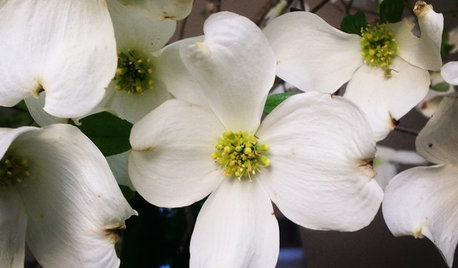
GARDENING GUIDESGreat Design Plant: Cornus Florida Benefits Wildlife
Flowering dogwood provides fiery red foliage in fall and beautiful springtime blooms
Full Story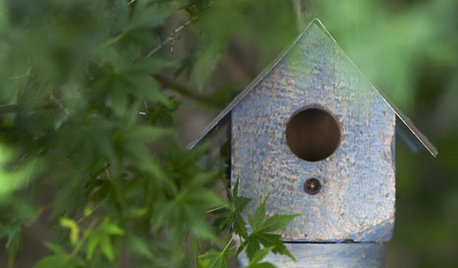
GARDENING AND LANDSCAPINGBe a Citizen Scientist to Help Wildlife, Learn and Have Fun Too
Track butterflies, study birds, capture stars ... when you aid monitoring efforts, you’re lending Mother Nature a hand
Full StorySponsored
Columbus Area's Luxury Design Build Firm | 17x Best of Houzz Winner!
More Discussions






paleogardener
klem1
Related Professionals
Beachwood Landscape Architects & Landscape Designers · Bergenfield Landscape Contractors · Bristol Landscape Contractors · Kearny Landscape Contractors · La Verne Landscape Contractors · Little Ferry Landscape Contractors · Mahwah Landscape Contractors · Mashpee Landscape Contractors · Metairie Landscape Contractors · Riverhead Landscape Contractors · Roseville Landscape Contractors · Wells Landscape Contractors · West Palm Beach Landscape Contractors · Novi Decks, Patios & Outdoor Enclosures · Southampton Decks, Patios & Outdoor EnclosuresKimmsr
lazy_gardens
wannaflowerOriginal Author
wannaflowerOriginal Author
mckenziek
bobcrabb
toxcrusadr
NHBabs z4b-5a NH
elisa_z5
lazy_gardens
joepyeweed
Kimmsr